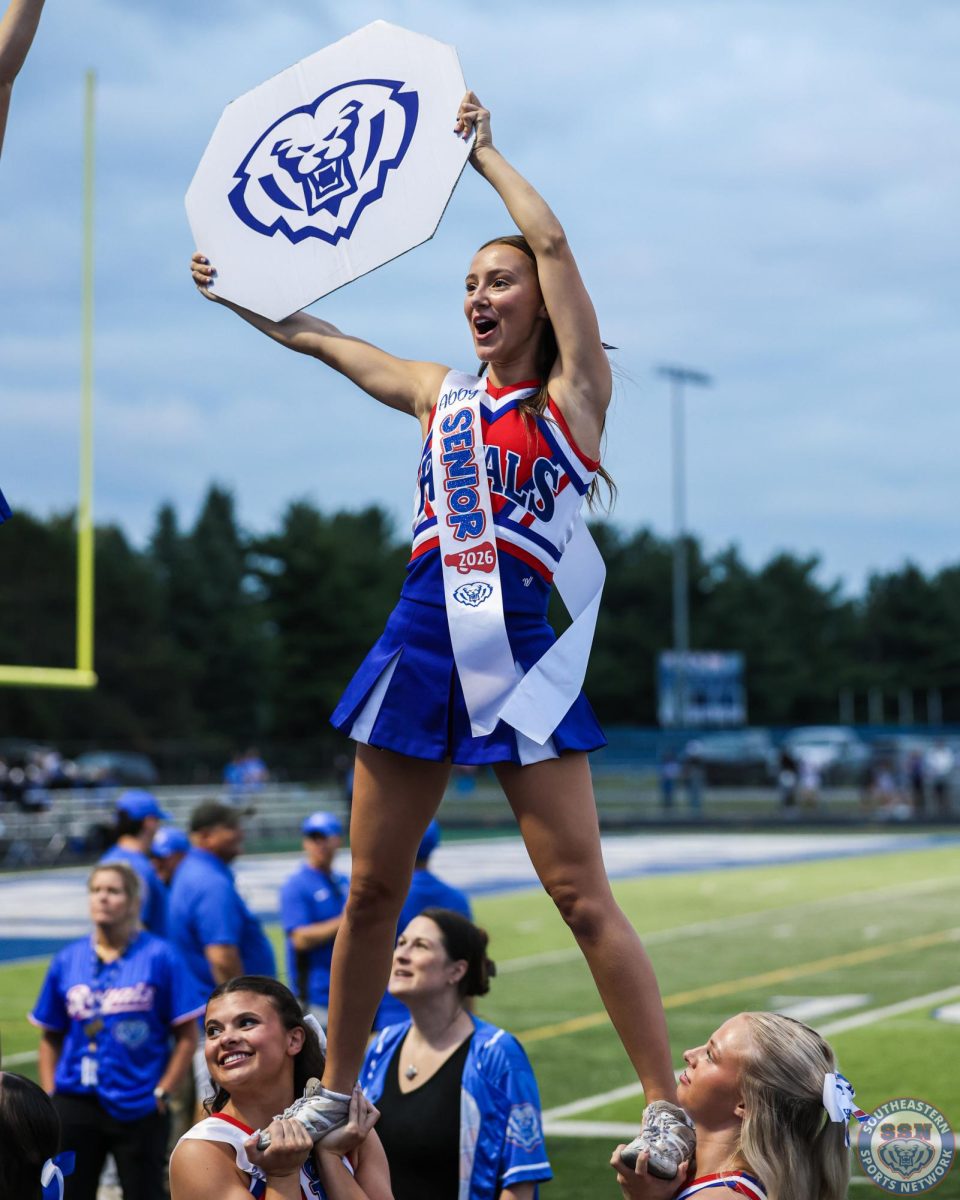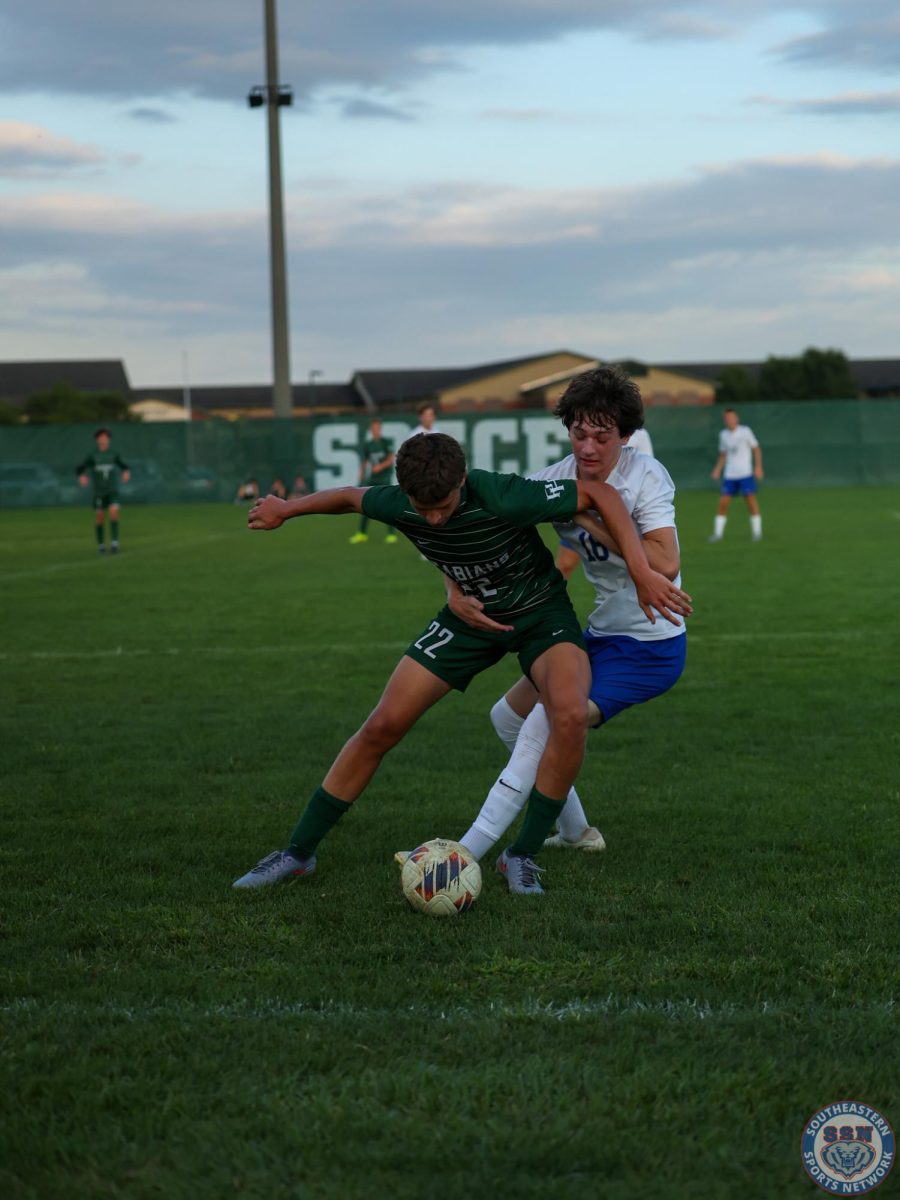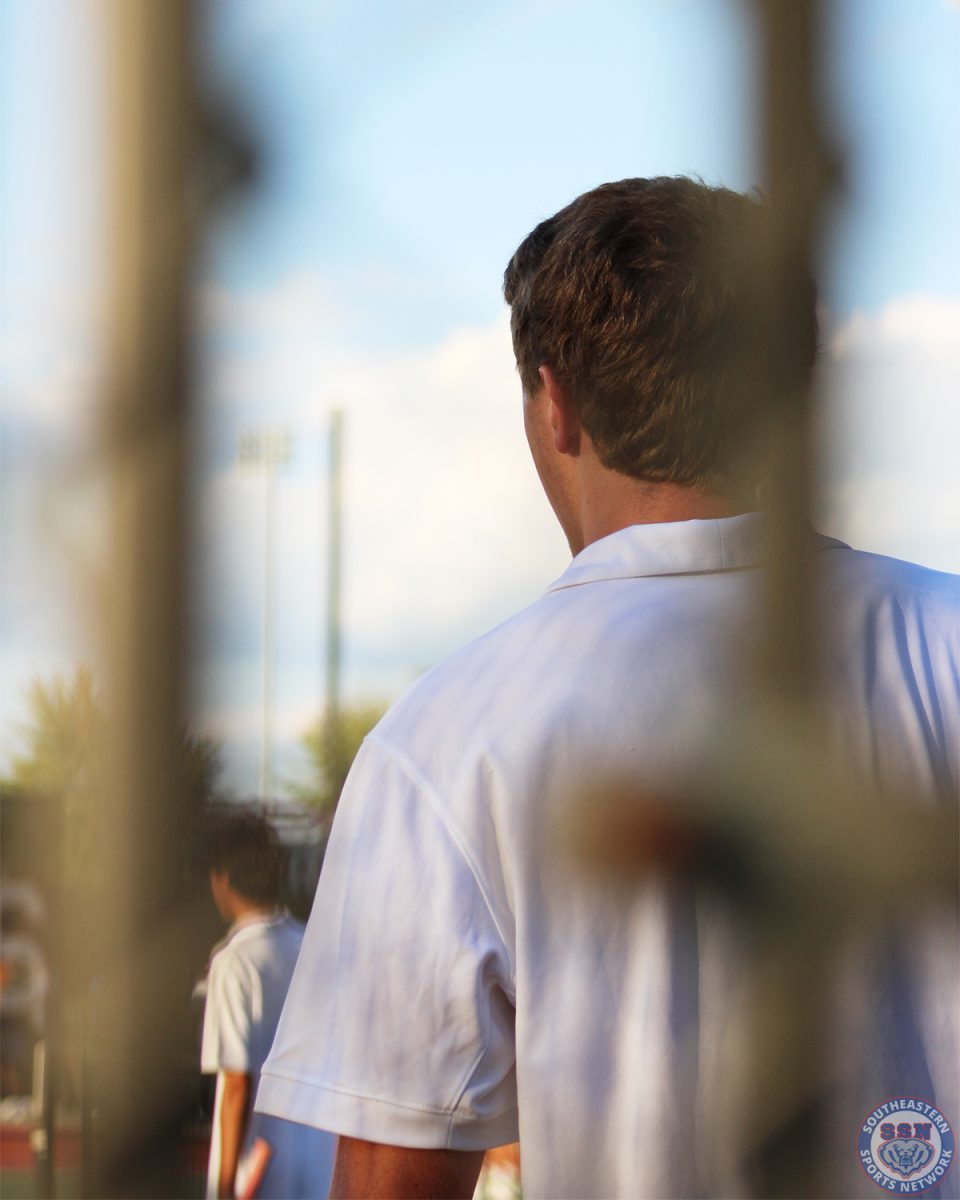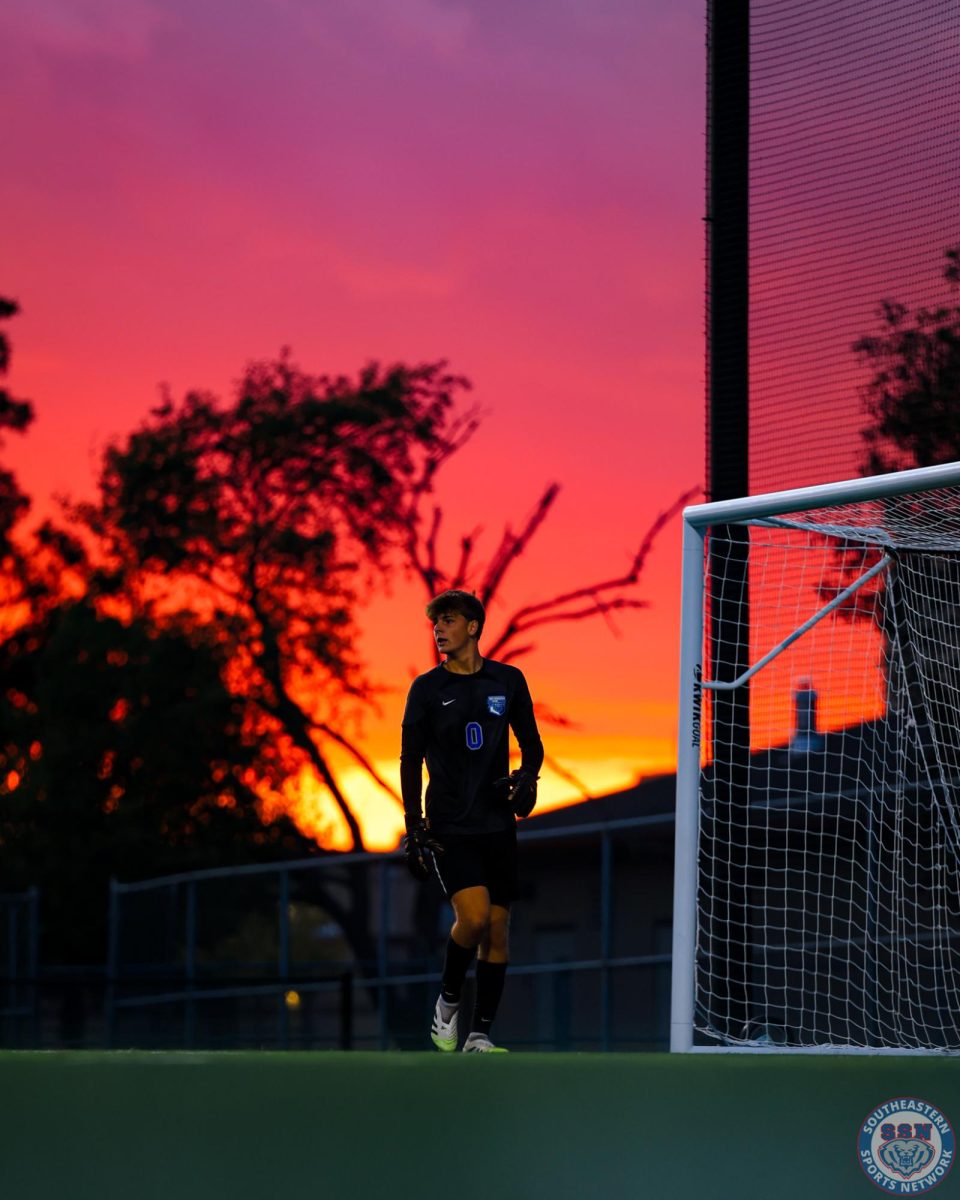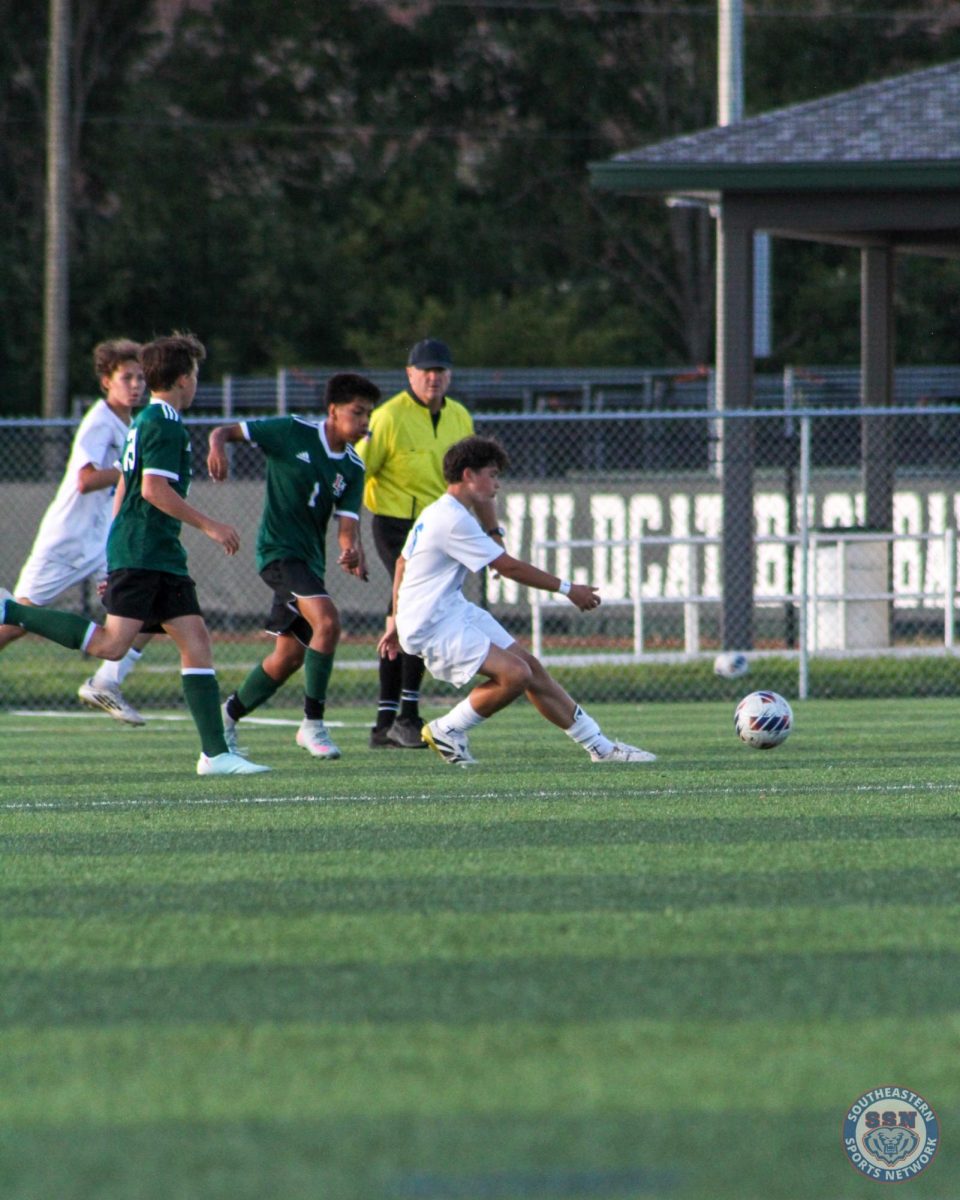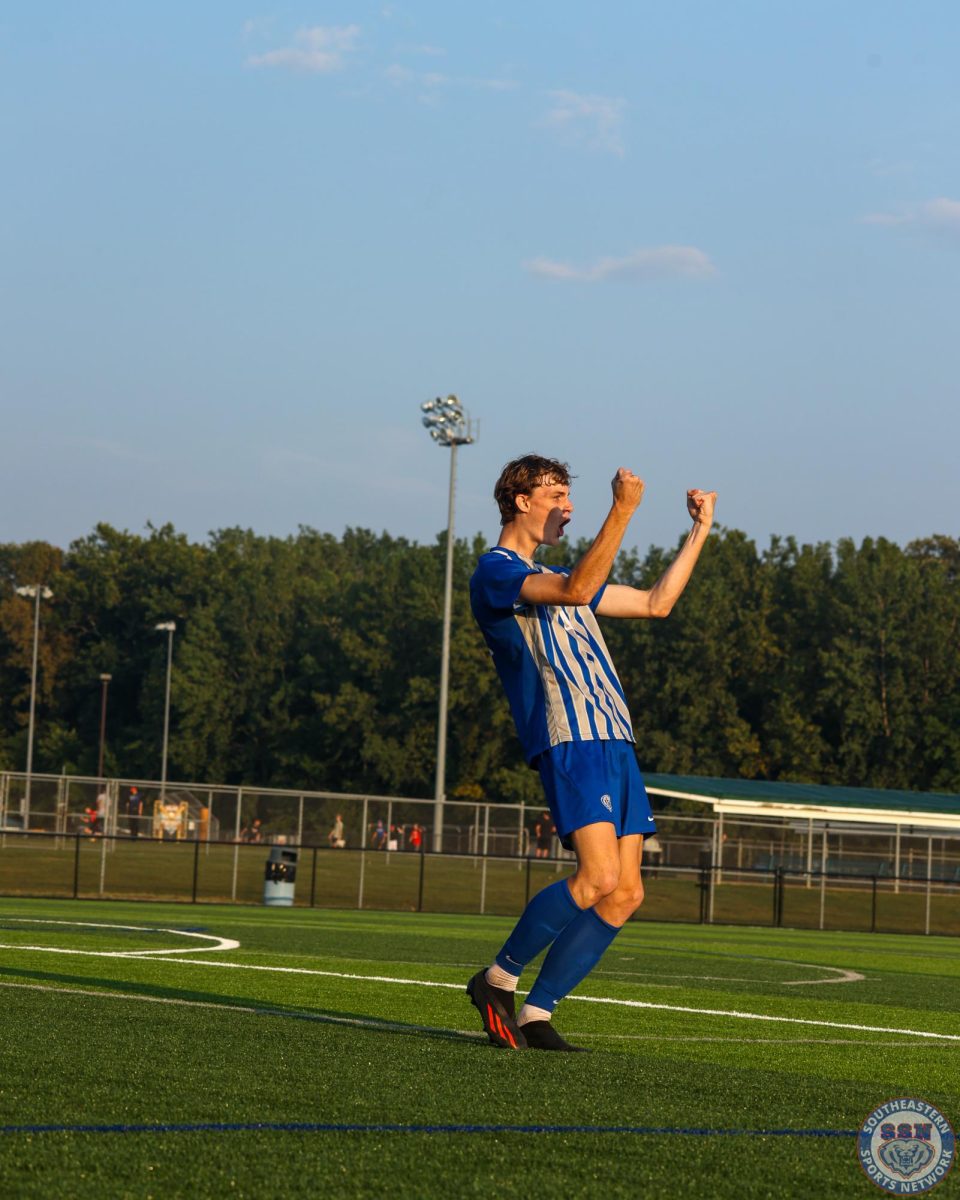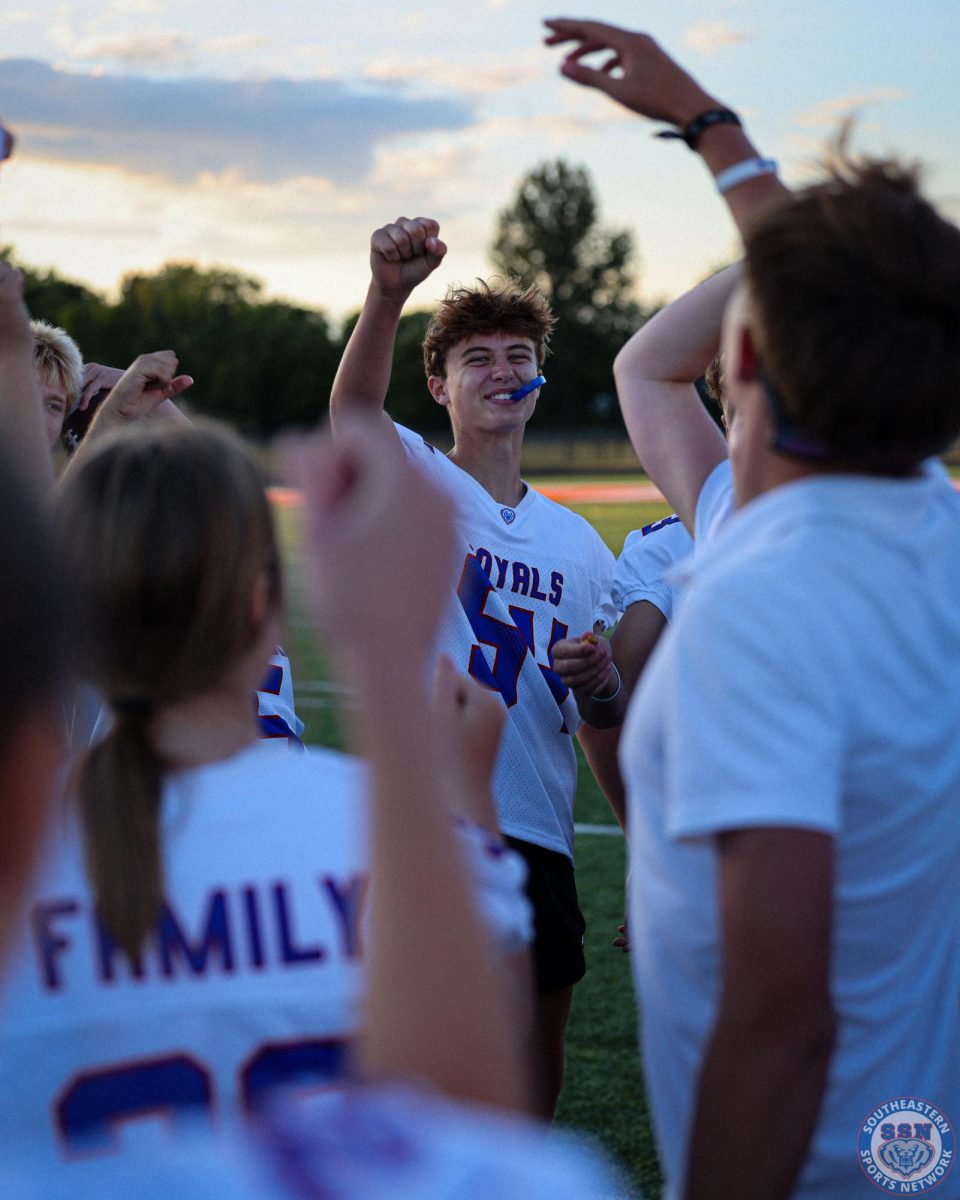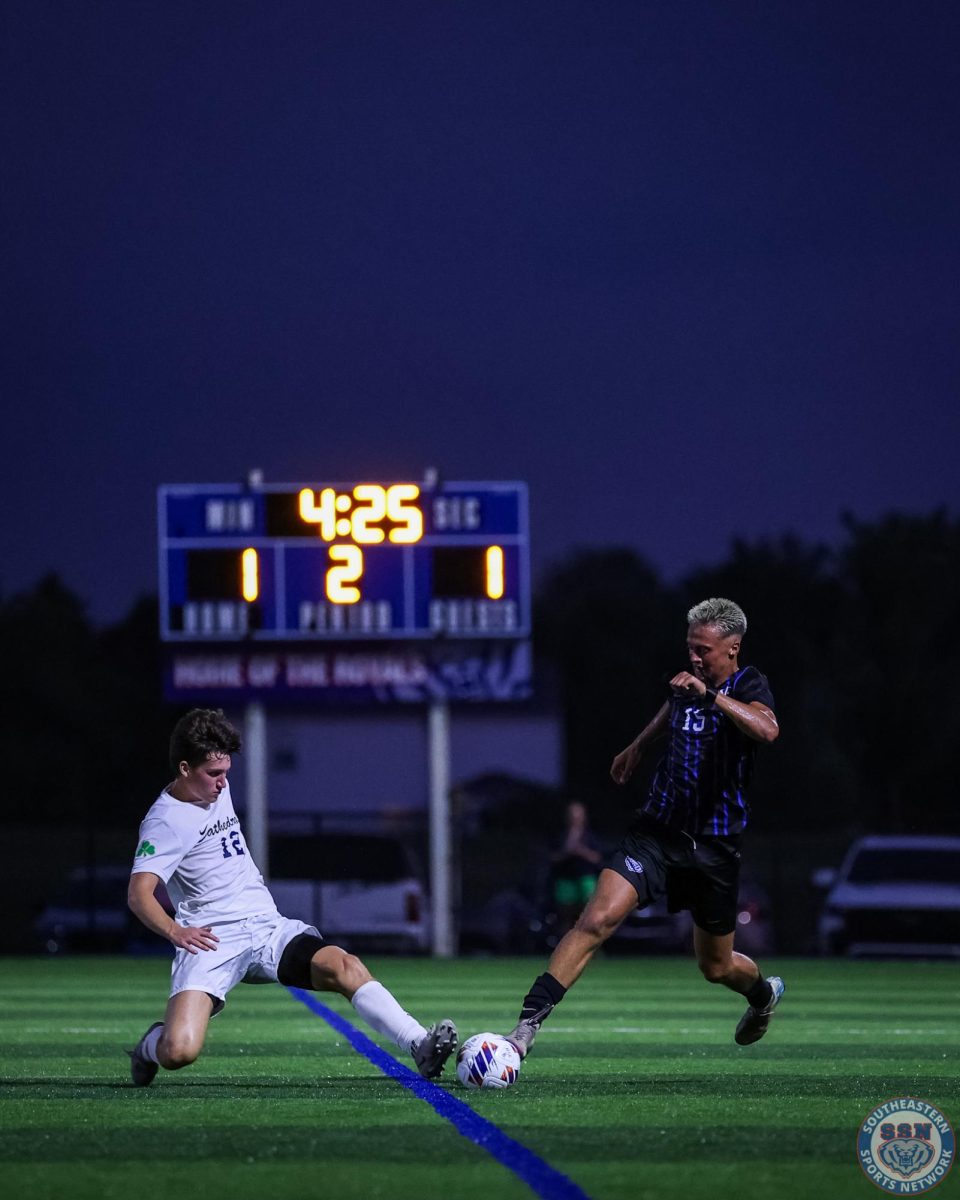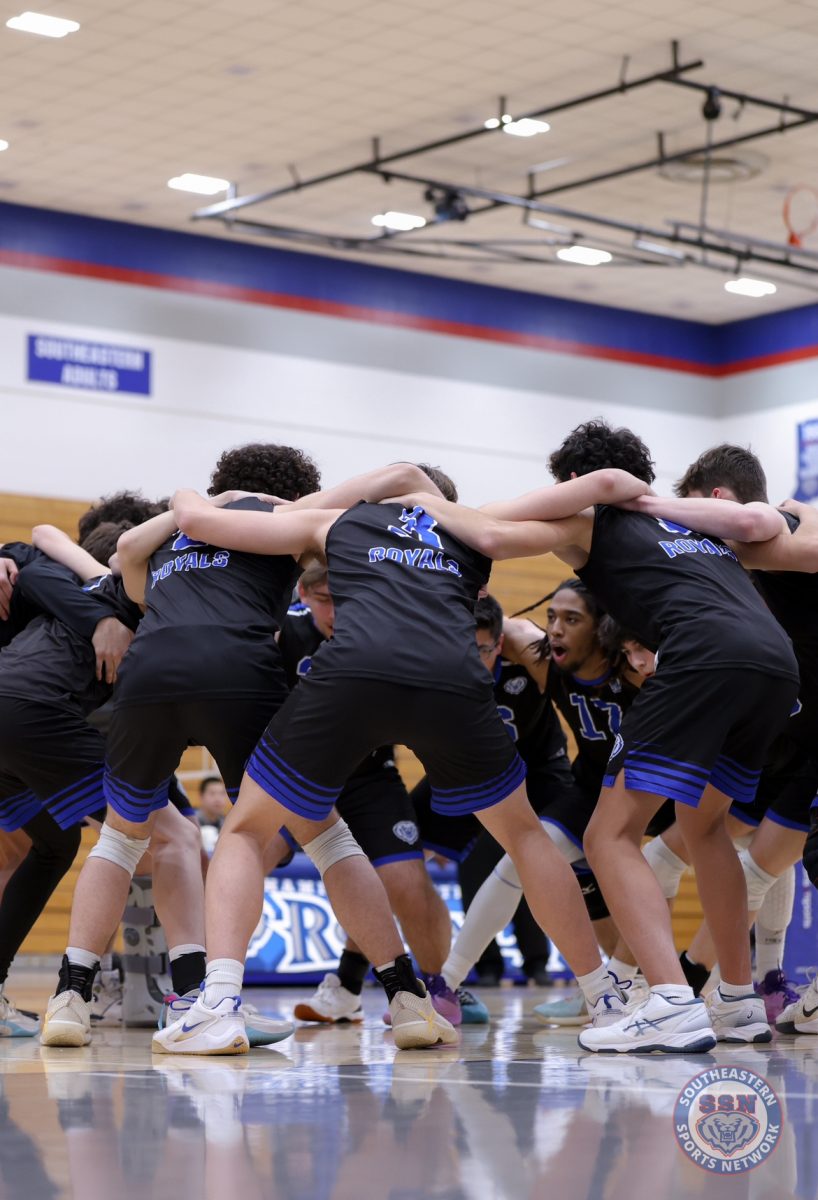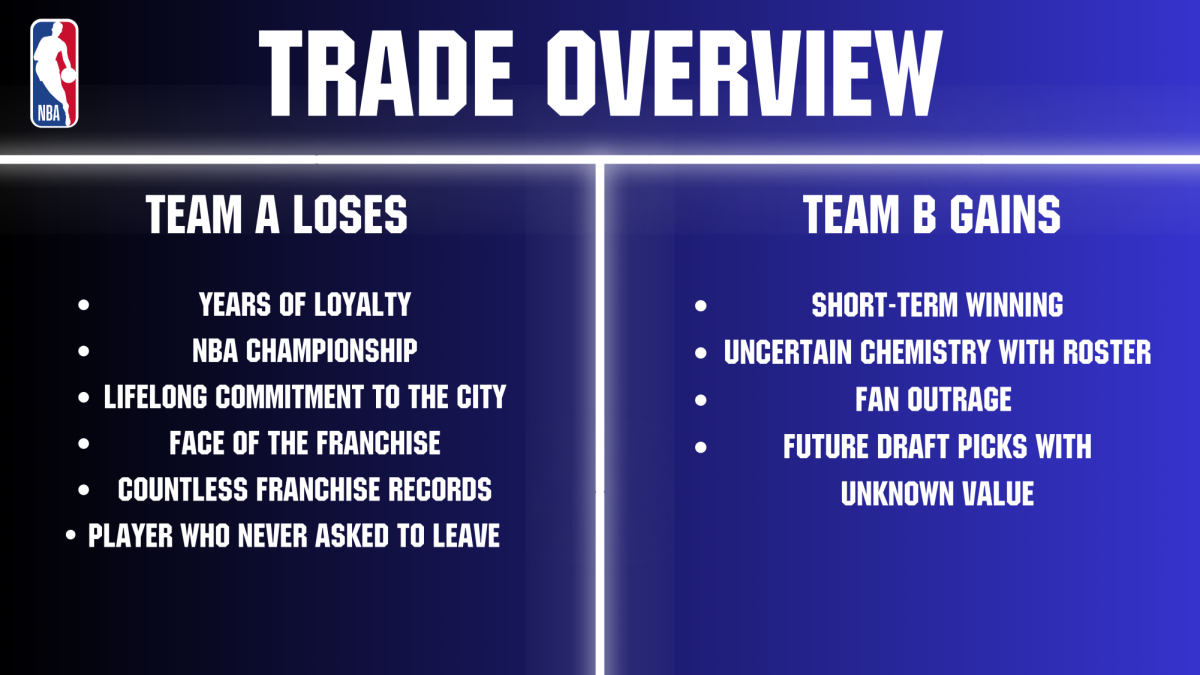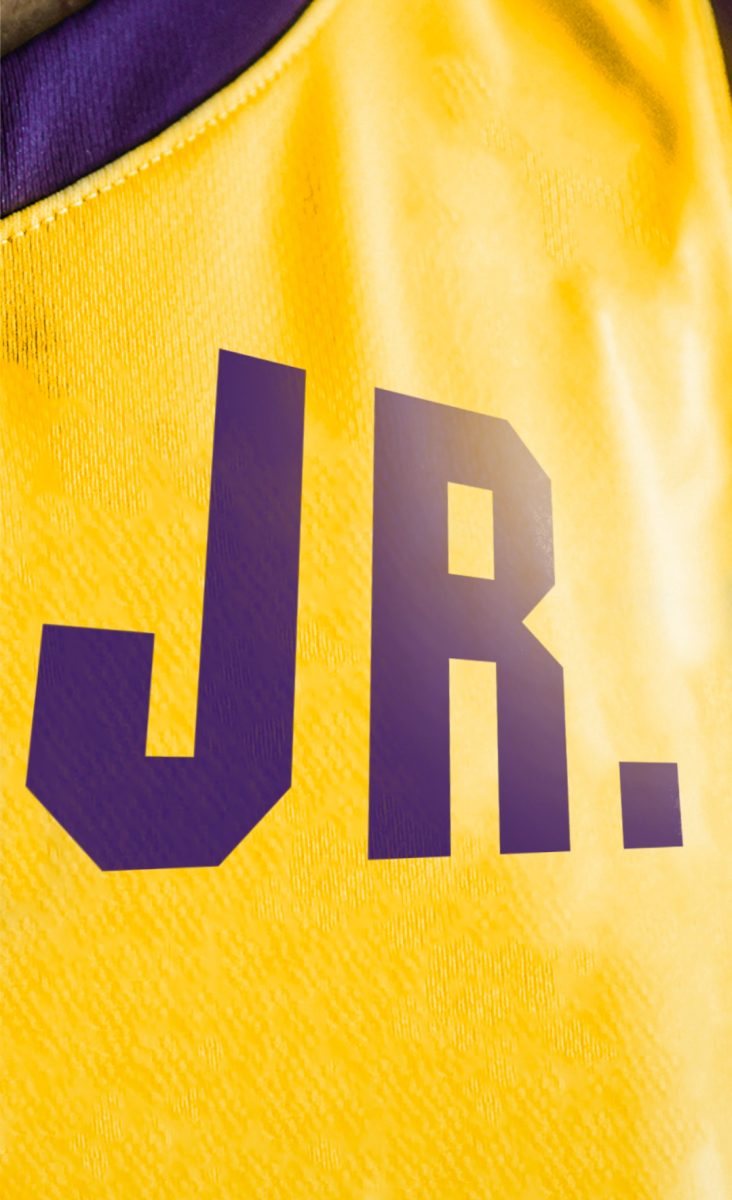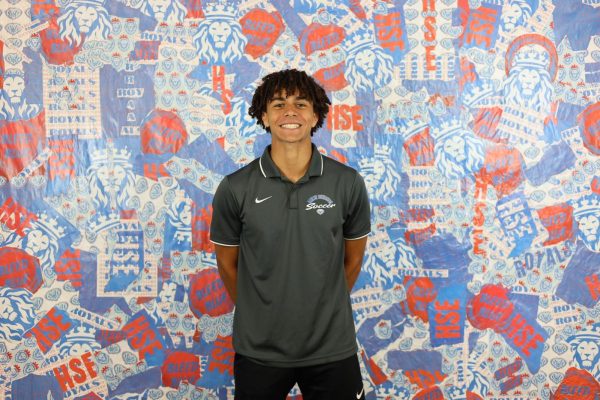At 11 p.m. on a quiet Saturday night, phones buzzed, group chats lit up, and Twitter feeds flooded. Renowned NBA insider, Shams Charania, confirmed the unthinkable:
“BREAKING: The Dallas Mavericks are trading Luka Dončić, Maxi Kleber and Markieff Morris to the Los Angeles Lakers for Anthony Davis, Max Christie and a 2029 first-round pick, sources tell ESPN. Three-team deal that includes Utah.”
Dončić, the face of the Dallas Mavericks, was gone. Traded. Shipped off to the Los Angeles Lakers for Anthony Davis, Max Christie, a single first-round pick, and what might as well have been a Lakers-themed coffee mug. A 25-year-old generational talent, was just gone—with no warning, no buildup, no bidding war.
Dončić wasn’t just any superstar. He was the Mavericks’ superstar. Drafted in 2018 and immediately making his mark, he turned the franchise around and led them to multiple playoffs runs. The team was practically built around him — a centerpiece meant to dominate the league for a decade. And yet, Dallas let him go for a return that barely qualifies as a respectable trade package.
Let’s put this into perspective:
In 2019, Paul George was traded to the Clippers for a rising Shai Gilgeous-Alexander, Danilo Gallinari, five first-round picks, and two pick swaps.
In 2022, Rudy Gobert was traded to the Timberwolves for five first-round picks, Malik Beasley, Patrick Beverley, Jared Vanderbilt, five first-round picks, and one pick swap.
And in 2025, Dončić—a top five player in the NBA—was traded to the Lakers for… a 31-year-old, injury-prone Anthony Davis, Max Christie, and a single first-round pick?
If the Mavericks had shopped him around, imagine the actual haul they could’ve gotten. Instead, they rushed into one of the most questionable franchise decisions of all time. But why? Mainly concerns over his conditioning.
Conditioning? If the Mavericks were truly worried about Dončić’s fitness, then why has Zion Williamson—a player whose conditioning struggles have been infinitely worse—managed to stay with the Pelicans without interruption his entire career? Dallas handed over one of the best players in the world, and the results were immediate.
In their first game post-Dončić, the Mavericks lost to the Cavaliers by 43 points—what the Cavs proudly refer to as a “Diff” of 43. At halftime, they trailed 91-46.
That’s not a basketball game. That’s a funeral.
Some people are defending this move by saying it’s all part of the Lakers’ long-term vision: preparing for life after LeBron James. Sure, from their perspective, this makes sense. They now have a ready-made superstar to take over once James finally calls it quits.
But that doesn’t excuse the absurdity of this trade. Just because it later benefits the Lakers doesn’t mean it was fair, justified, or even remotely logical for the Mavericks. Some even believe this was less about the Lakers’ future and more about the league handing James one last ring before he retires. But history has shown us that stacking superstars doesn’t guarantee success. Look at the Brooklyn Nets experiment with Kevin Durant, James Harden, and Kyrie Irving—it looked unstoppable on paper but imploded in reality. NBA teams are built around their stars, and while having two franchise players on one team might seem like a smart decision to a casual, it can be a recipe for disaster and chemistry issues.
But Dončić wasn’t the only victim of this disaster of a trade deadline.
The Warriors pulled off a steal, landing Jimmy Butler for Andrew Wiggins, some low-end role players, and a mediocre first-round pick. The Spurs locked in their point guard of the future by acquiring De’Aaron Fox to pair with Victor Wembanyama—without even giving up their best assets. The Cavaliers patched up their biggest weakness by landing De’Andre Hunter and strengthening their case as serious Finals contenders. The list goes on.
While these blockbuster trades stole the spotlight, one move in particular didn’t get the attention it deserved.
When we talk about loyalty in the NBA, Khris Middleton should be one of the first names mentioned. Do your homework on Khris Middleton. This man was the heart of the Milwaukee Bucks, playing 13 seasons with the franchise, winning a championship in 2021, and standing beside Giannis Antetokounmpo as his co-star, closest friend, and even the best man at his wedding. They’ve been together since 2013, fought through countless playoff battles, and when the Bucks won their first championship in 50 years, Middleton was just as important as Giannis. Everyone remembers Giannis’ legendary Finals performance, but people forget that in Game 4 against the Phoenix Suns, Middleton dropped 40 points, ending the game on a 10-2 solo run to secure the win.
And how was he repaid? Traded to the Washington Wizards for Kyle Kuzma.
Imagine dedicating over a decade of your career to one franchise, only to be cast aside in the name of “business.” It’s heartbreaking, and what makes it worse is that this story is getting lost in the chaos of this disaster of a trade deadline. Middleton isn’t flashy. He isn’t a social media sensation, but he was everything to the Bucks. And now he’s gone.
It truly seems that players get sent to the Wizards to be forgotten. The only recent trade that is close to this level of betrayal would be Jordan Poole getting shipped out of Golden State for Chris Paul in 2023. The Warriors’ wonderboy, the young star that was supposed to be the future, was blindsided and sent to the Washington Wizards overnight. Just like Middleton. Just like Dončić.
At the end of the day, the NBA is a business. No one is safe. But there’s a difference between making strategic moves and flat-out betraying your franchise’s core players and fans.
“He’s supposed to have a statue!” a lifetime Mavs fan said in a Fox News interview. “Dirk [Nowitzki] got a statue right there, and it was supposed to be Luka [next to him]!”
Luka Dončić deserved to have his legacy honored in Dallas, not to be traded away for a fraction of his worth. Khris Middleton should have been able to finish his career in Milwaukee, not be a footnote in a trade recap. Players who have built legacies and become the heart of their franchises should not be traded away for a quick fix. The entire trade deadline was a catastrophe, and fans will remember it as a moment when teams stopped valuing their own stars.
Mark Cuban once said, “I’d rather leave my wife than trade Luka.”
Apparently, that was a lie.

